Brenda Miller, The Daughters of Elderly Women
THE DAUGHTERS OF ELDERLY WOMEN, Brenda Miller. Floating Bridge Press, 909 NE 43rd St, $205, Seattle WA 98105, 2020, 41 pages, $10, paper, www.floatingbridgepress.org.
Not only are these poems I wish I had written, but they are poems I should have written. It’s a meditative, almost spiritual 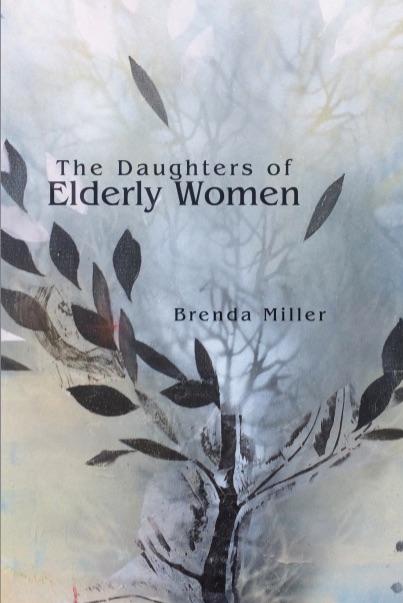 collection, but busy, too—like a care-taking daughter—with minutiae. Doctor appointments, dust, hospital rooms, post-it notes nudging a failing memory, loss.
collection, but busy, too—like a care-taking daughter—with minutiae. Doctor appointments, dust, hospital rooms, post-it notes nudging a failing memory, loss.
I knew of Brenda Miller because of her brilliant essays, and her book on writing, co-written with Holly J. Hughes, The Pen and the Bell: Mindful Writing in a Busy World (Skinner House Press, 2012). She teaches at Western Washington University and is the author of several books of essays. An Earlier Life won the 2017 Washington State Book Award.
The Daughters of Elderly Women won the 2020 Floating Bridge Press Chapbook Award. And even though it took me on a trip down the rabbit-hole of memory, I read it hungrily. I lapped it up. These poems (several of them titled “The Daughters of Elderly Women”) made me remember that I, too, was a member of this strange tribe. I am happy to recommend it to you.
The Daughters of Elderly Women
are planning ahead.
They print it all out:
Advanced Directive, Power
of Attorney, Last Will and Testament.In hospital rooms,
at the edges of beds,
they hold a neon formin their palms
as if it were an oracle—
Physician’s Orders for Life-Sustaining Treatment,beneficent and dangerous
all at once. POLST—almost
pulse, what we look for—faint throb, Morse code of the heart.
If the body
wants to go, watch it go.They use the simplest words
possible. They say
it’s up to youknowing nothing is up to us,
that the body does what it does,fierce flesh that keeps living
no matter the circumstance.
They explain how CPR damages:
crushed ribs, deprived brain.The daughters remind
their mothers about the fathers,the ones who had heart attacks, ended
up in nursing homes, so frail
they couldn’t turn over in bed.The daughters try not to speak
so fast, words a scatter
of birdshot that dissipatesbefore reaching the target.
That’s not what you’d want, right?
the daughters say, looking their mothers
in the eye, voices soft
as they’ll ever be.—Brenda Miller
To learn more about Brenda Miller, visit her website. I found several essays on-line, including this one, “The Blessing of the Animals” (a favorite of mine) at The Sun. If you want to purchase the book, you can find it (perhaps on sale) at Floating Bridge Press.

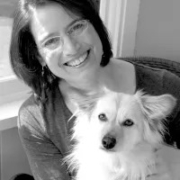
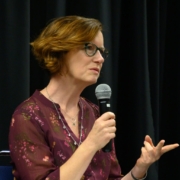
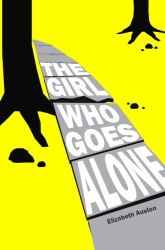 turned up this one. Yes, I read it a long time back, with pleasure, but it hasn’t ever made it onto the blog. So, here we are, another book about a poet, walking.
turned up this one. Yes, I read it a long time back, with pleasure, but it hasn’t ever made it onto the blog. So, here we are, another book about a poet, walking.
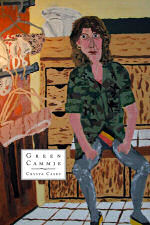 GREEN CAMMIE, Crysta Casey. Floating Bridge Press, 909 NE 43rd St, #205, Seattle, WA 98105, 2010. 47 pages, $12 paper,
GREEN CAMMIE, Crysta Casey. Floating Bridge Press, 909 NE 43rd St, #205, Seattle, WA 98105, 2010. 47 pages, $12 paper,